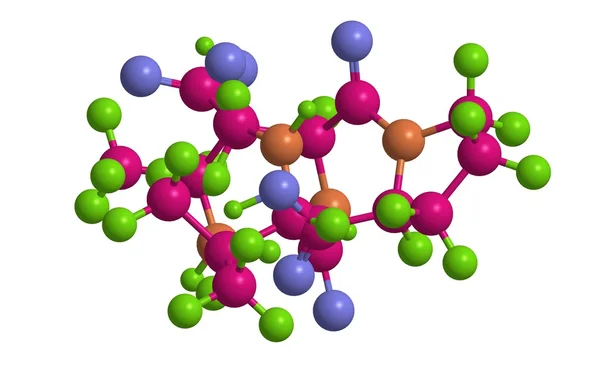Peptide is an important biological macromolecule that plays an important role in human health and disease treatment. Here are some basic knowledge about peptide and its application in medicine:
Definition and composition of peptide: Peptide is a compound formed by two or more amino acids connected by peptide chain, which is an intermediate substance between amino acids and proteins. Peptides are functional and structural fragments of proteins, as well as nutrients and basic substances of life. According to the size of molecular weight, peptide can be divided into polypeptide (molecular weight between 1000-5000 daltons) and small peptide, oligopeptide, oligopeptide (molecular weight between 180-1000 daltons).

Peptides and human health: All active substances in the human body exist in the form of peptides. Peptides play an important physiological function in the human body, such as promoting cell metabolism, repairing diseased cells, immune function and so on. The effects of peptides on the human body can be summarized as inhibition, activation, promotion and repair. In addition, peptides also have a variety of physiological functions such as antioxidant, anti-aging, lowering blood pressure, lowering blood lipids, lowering blood sugar.
Application of peptides in medicine: Peptides have a wide range of applications in medicine, including cell differentiation, immune defense, tumor prevention and treatment, anti-aging and anti-aging, reproductive control and other fields. At present, peptide drugs have been involved in 14 therapeutic areas. For example, certain antimicrobial peptides have the properties of rapid sterilization and difficult to lead to drug resistance, making them important candidates in the fight against superbugs.
Peptides and Disease Treatment: Due to the diversity of peptide structure and function, different peptides have specific effects on different diseases. For example, growth hormone releasing factor is a 44 peptide that promotes human growth, while growth inhibitor is a 14 peptide that inhibits human growth. Insulin is a 51 peptide that is responsible for balancing glucose in the blood. These different peptides play their own different roles in the human body and are useful for a wide range of diseases.
Overall, peptide is a very important field in life science, which not only has important research value in theory, but also has important significance for human health and disease treatment in practice.
Post time: Jul-08-2024



